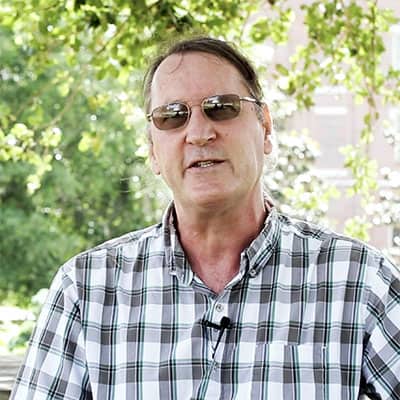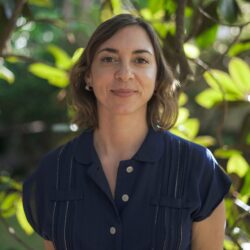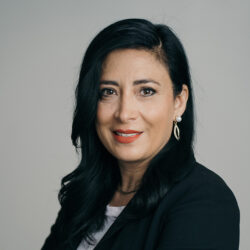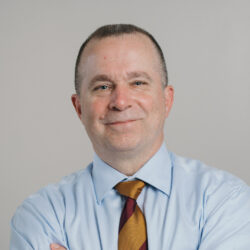Faculty
The faculty members in the School of Communication serve our discipline in various ways: as active scholars, as teaching award winners, as leaders in national and international professional associations, as consultants for government and private industry, and as content experts in numerous areas.
To learn more about some of the interests and accomplishments of several of our faculty members, please take a moment to watch the below Faculty of the Future features. To learn more about the research areas of all faculty members, please review our Faculty Research page.

Andy Opel
"By working with community partners, students get off campus and make real world connections that helps them realize that they can do work that impacts the world, that matters to people. "
Professor, School of Communication

Malia Bruker
"The Digital Media Production program gives real word opportunities in the classroom to our students"
Assistant Professor, School of Communication

Sindy Chapa
"The mission for the center is to create knowledge and educate students and professionals in the topics that can help us to understand Hispanic consumer behavior and Hispanic marketing communication."
Director, Center for Hispanic Marketing Communication

Davis Houck
"My research expertise is the history of the civil rights movement. I took eleven of my students to the Mississippi Delta. It's called the most southern place on earth. To appreciate it, you have to see it."
Professor, School of Communication
Russell Clayton
"It's rewarding to see the "A-ha!" Moment when they see a response we predicted would occur."
Assistant Professor, School of Communication
